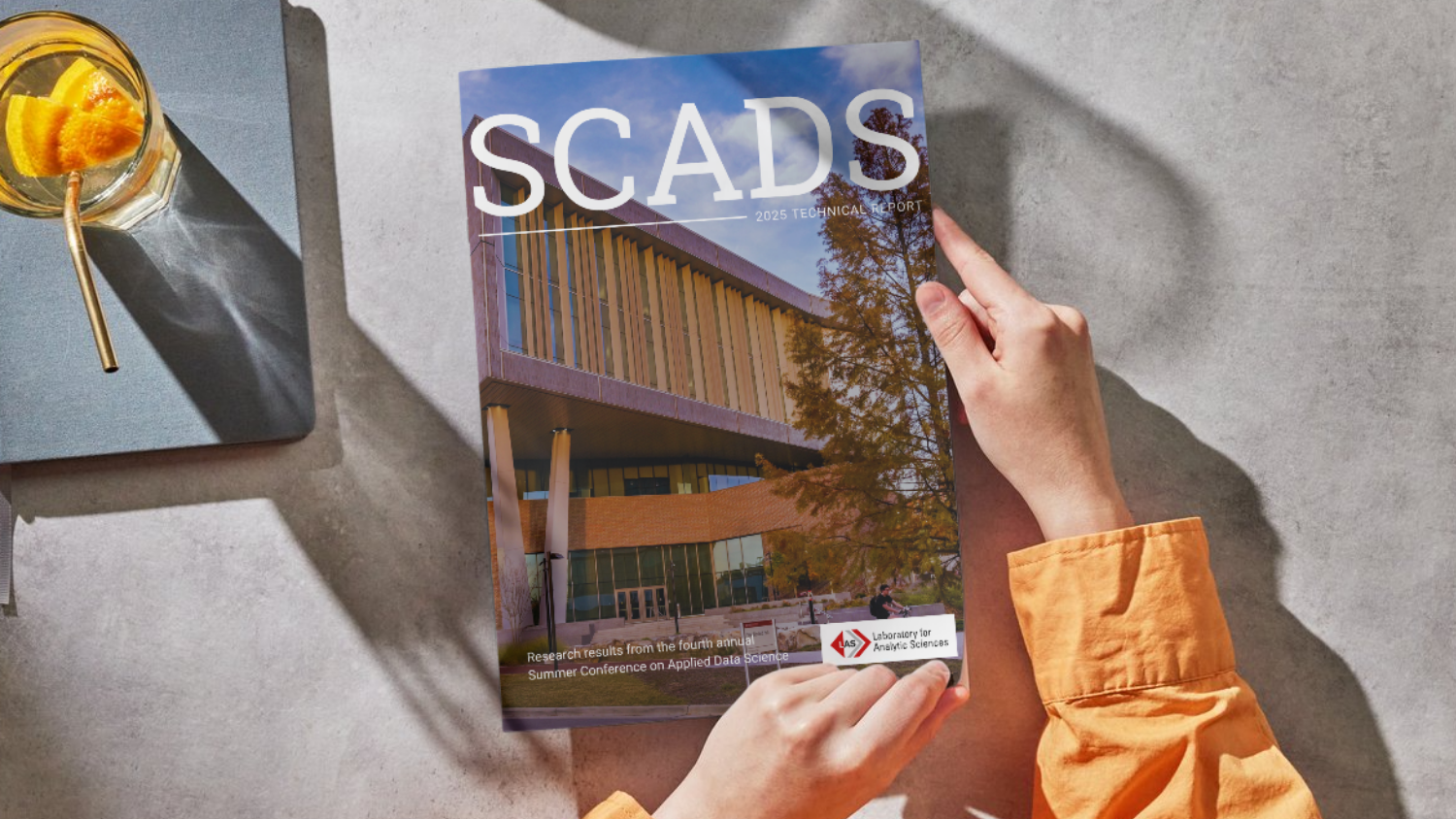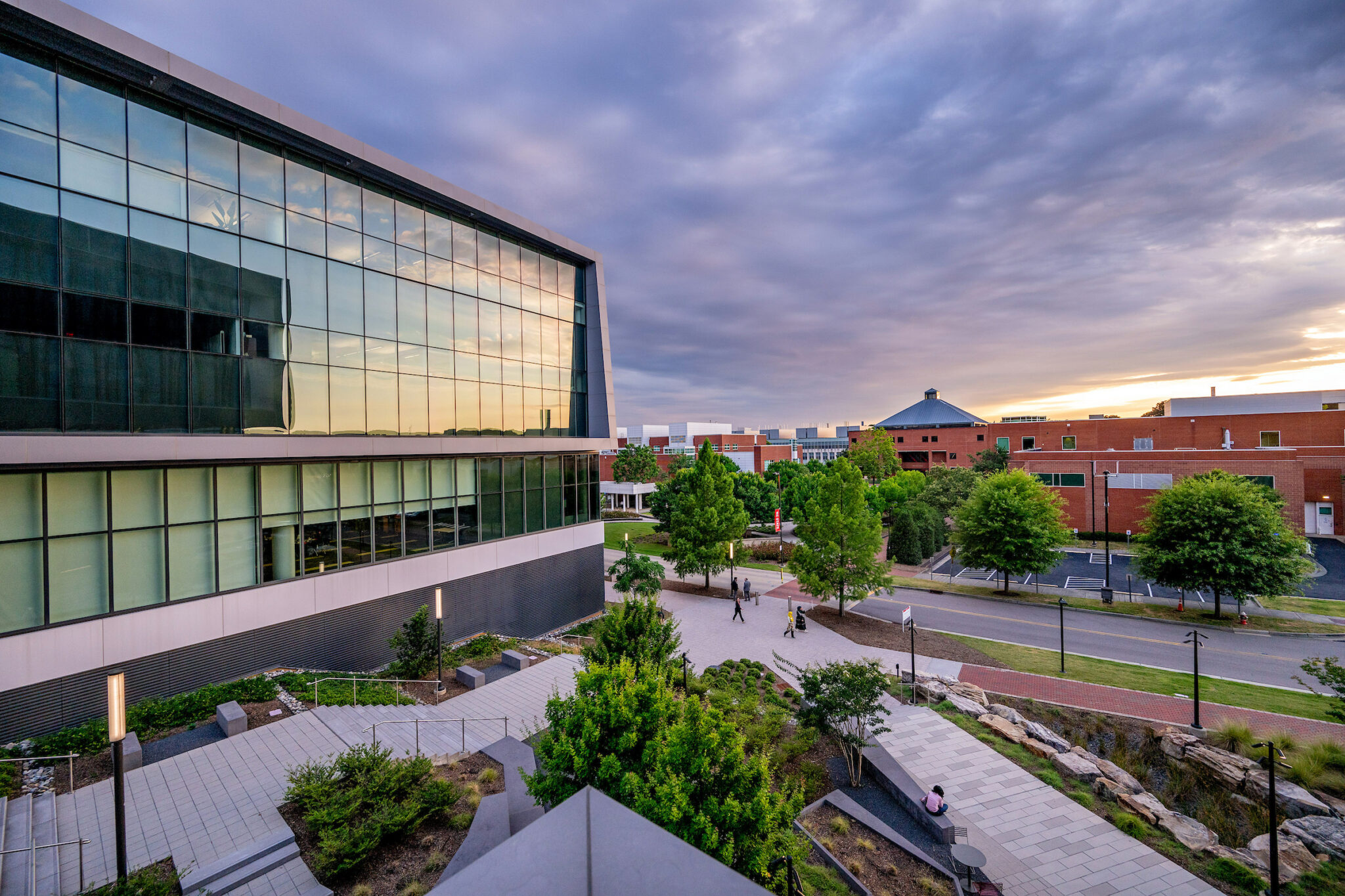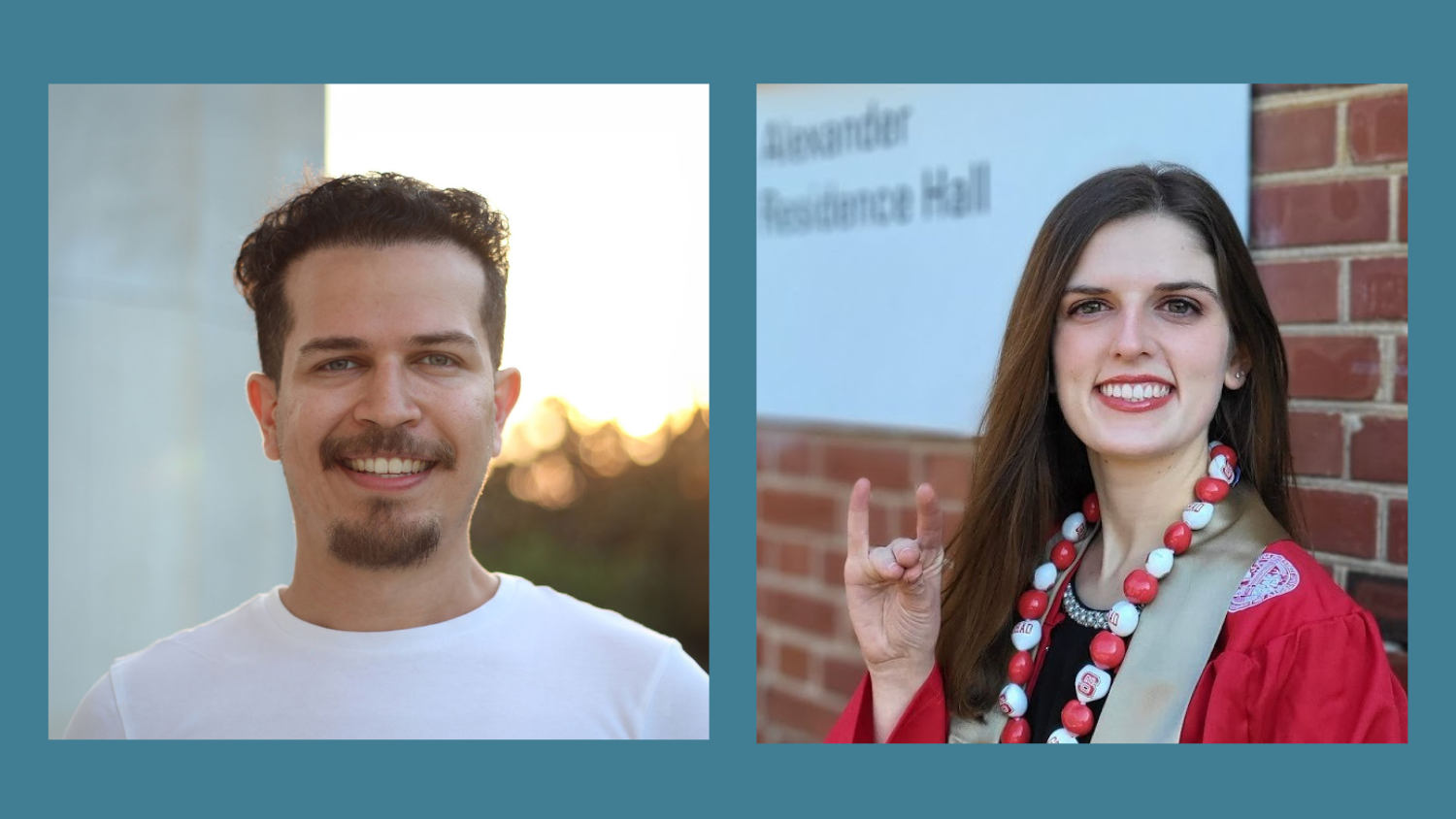Senator Richard Burr (R-NC) Shares Thoughts on Intelligence Challenges with LAS and SCADS Participants
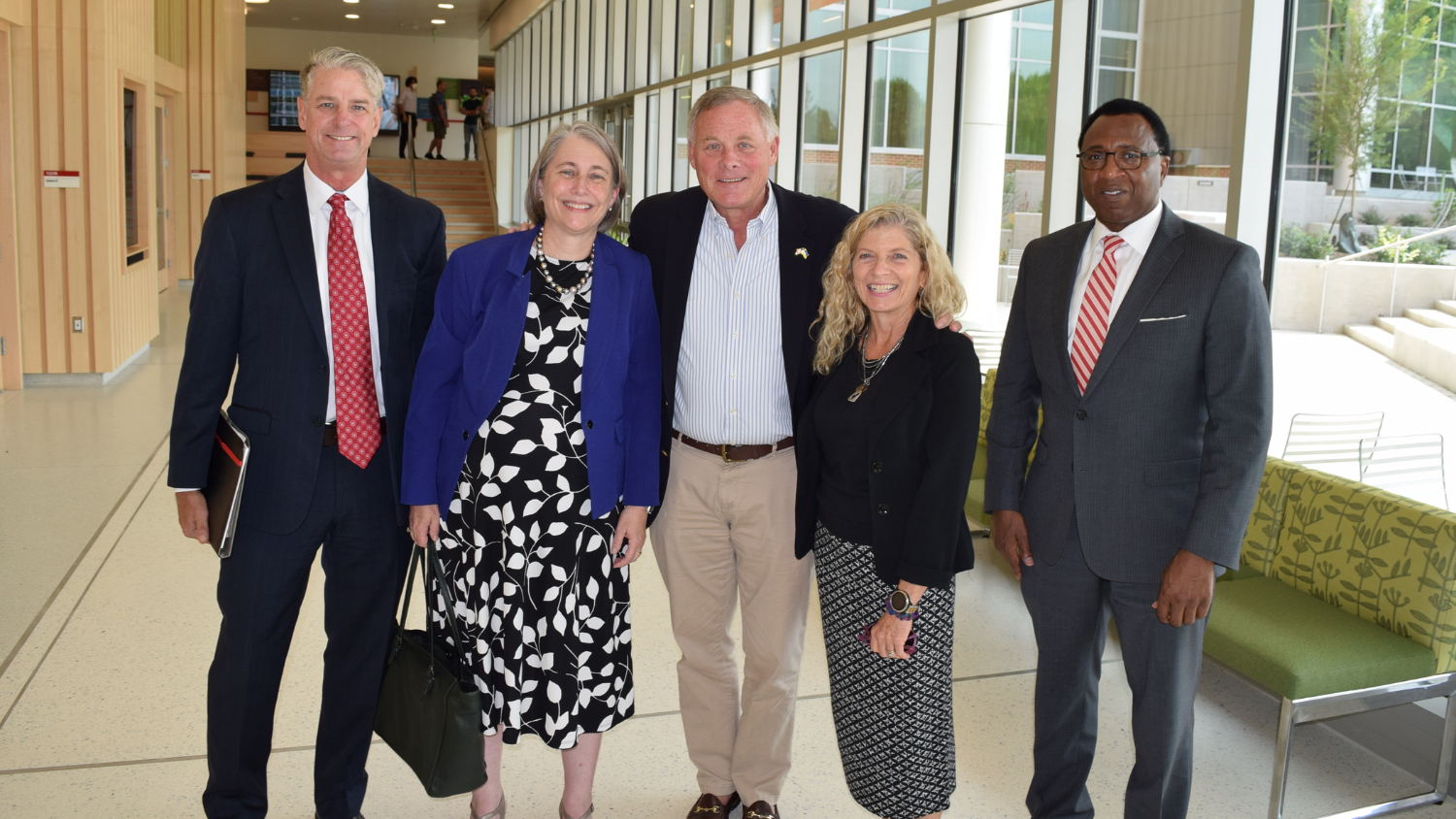
The Laboratory for Analytic Sciences (LAS) welcomed Senator Richard Burr (R-NC) on Friday, July 22, where he addressed approximately 60 LAS employees and participants in the LAS Summer Conference on Applied Data Science (SCADS), and took questions from the audience. Burr was instrumental in bringing LAS to NC State University’s Centennial Campus, and as a former chair of the Senate Select Committee on Intelligence, is well versed on the challenges that face the nation.
“The next two decades will be the most innovative and technologically explosive [decades] in our lifetime,” Burr told attendees. He said the future model for government should not only include partnering with the private sector and academia, but also embedding federal employees in those facilities.
“Senator Burr has championed LAS since the launch of NC State’s research partnership with the National Security Agency nearly 10 years ago.”
Burr also emphasized the importance of closer collaboration with our partners, because there is a wealth of talent that is underutilized, and together we’ll have better outcomes.
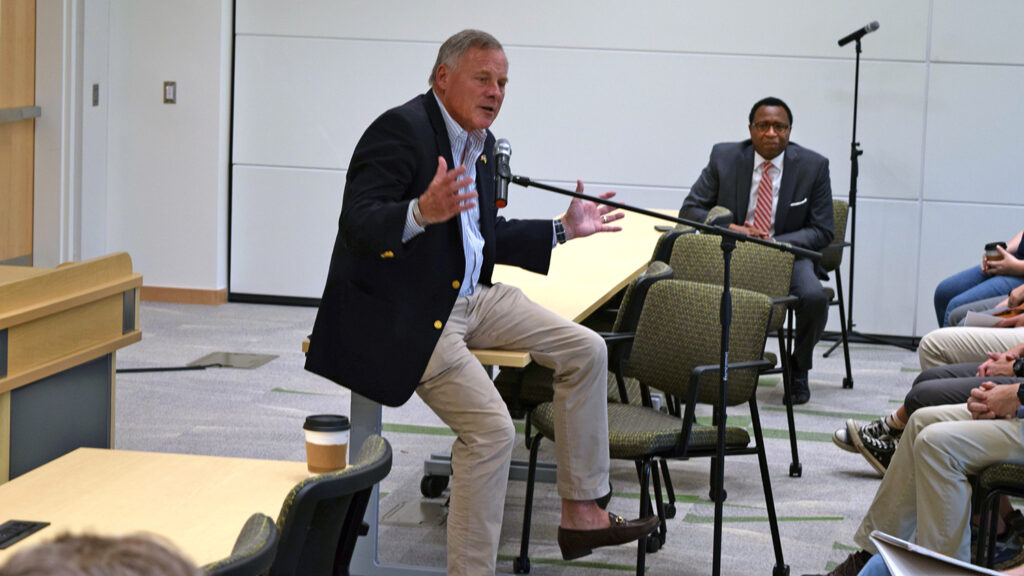
“Hopefully, it will be this lab and the collaboration with ‘Five Eyes’ partners that’ll say ‘This is a good thing for us to do. Let’s find new ways to bring in our partners and to work on solutions to problems that are [particular] to all of us,’” Burr said, referring to the intelligence alliance comprising Australia, Canada, New Zealand, the U.K. and U.S. “Not everyone plays globally by the same rules, and it’s going to be laboratories like [LAS] that allow us to discover the ways we need to create an edge for the future, not just for the United States, but for all of our partners.”
Burr took time to answer questions from the audience, like what other fields would benefit from a model like LAS. “There should be no federal project that doesn’t have an architecture like [LAS], because it’s proven successful.”
Using Operation Warp Speed, the U.S. government’s rapid distribution of COVID-19 vaccines, as an example, Burr explained that having an architecture like this in place allowed leadership to make decisions he termed “go and stop,” meaning that leadership moved forward, stopped and evaluated, and kept moving forward. This enabled Pfizer and Moderna to achieve in 12 months what ordinarily would have taken eight years.
“Senator Burr has championed LAS since the launch of NC State’s research partnership with the National Security Agency nearly 10 years ago,” says Alyson Wilson, principal investigator at LAS. “We’re thrilled he could spend time with our conference attendees and discuss how LAS can further expand our reach within the intelligence community.”
About Senator Richard Burr
First elected to the U.S. House of Representatives in 1994, Senator Richard Burr served five terms in the House and is currently serving North Carolina in his third term in the U.S. Senate. In the Senate, the senator serves as ranking member of the Health, Education, Labor, and Pensions Committee, and is a former chair of the Senate Select Committee on Intelligence. Burr will retire at the end of his term later this year.
Guest post by Michelle Winemiller
- Categories:

